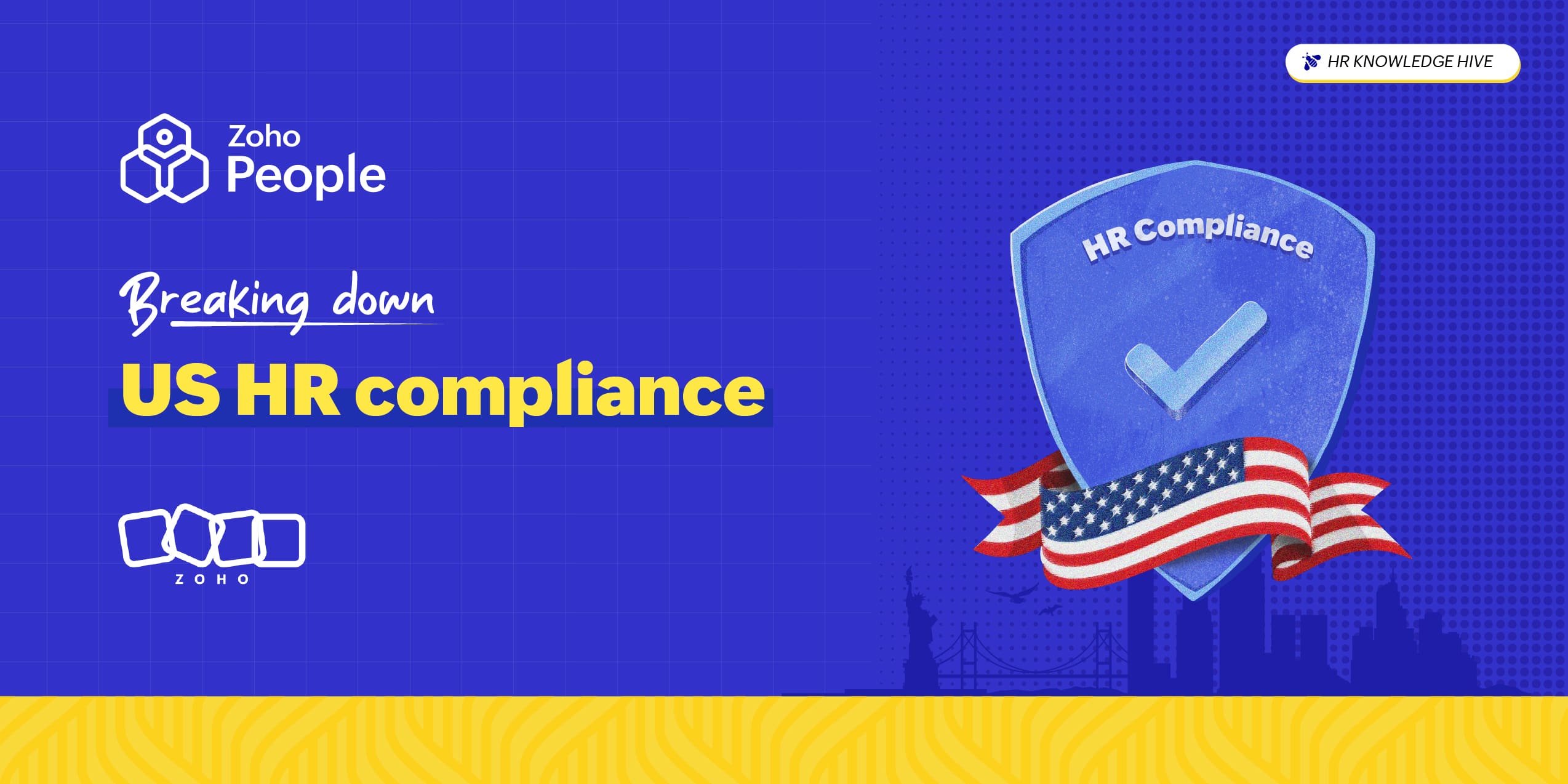- HOME
- HR insights
- Top priorities for HR in 2021
Top priorities for HR in 2021
- Last Updated : February 7, 2025
- 1.5K Views
- 4 Min Read

Between transitioning to remote work overnight and supporting employees through the COVID-19 pandemic, 2020 was quite a hectic year for HR professionals. You were at the forefront of coordinating with employees from different departments and making all the necessary arrangements to keep your businesses going—all this on top of any personal struggles that may have arisen for you amidst it all.
As we step into the New Year, understanding what priorities are driving the HR industry will help you devise strategies to improve employee experience despite the hardships of 2020. With adequate planning and preparation, you'll be able to sail through 2021 by adapting quickly and easily to all the latest trends. Here are some of the top HR priorities that will shape the global workforce in 2021:
Employee wellness
The pandemic has emphasized the importance of reinforcing employee wellness strategies. To sustain and grow, organizations must continue to prioritize employee's physical, mental, and emotional well-being, even in the post-COVID world. Consider incorporating wellness programs that strengthen immunity, encourage physical activity, promote mental health, prevent burnout, and improve work-life balance. Start by understanding the current wellness needs of your employees. Define a few wellness goals for the whole year and track your progress continuously. Check out our blog on six major tips to design engaging wellness programs.
Remote work culture
Many organizations shifted to remote work suddenly without prior planning. However, long-term remote work will not succeed if the core organizational values like empathy, leadership, transparency, and flexibility are not consistent with remote work practices. That's why many organizations are starting to focus on fostering their remote work culture to keep employees engaged, improve productivity, enhance collaboration, and provide a smooth remote working experience. Otherwise, attracting and retaining talent will become challenging. Establishing a healthy remote work culture can be difficult in the beginning as employees are isolated in different locations. But with the proper virtual communication tools in place, you'll be able to succeed. Check out our blog on six useful tips to improve remote work culture.
Diversity, equity, and inclusion
2020 saw some major movements in support of diversity, equity, and inclusion (DE&I). Customers and employees now expect their organizations to engage in DE&I initiatives. According to a survey by PwC, 76% of business leaders, HR professionals, employees, and diversity and inclusion drivers have stated that DE&I is a priority area for their organization. Another survey by Manifest has also revealed that 70% of candidates value an organization's commitment to DE&I. So in 2021, many organizations will take measures to increase diversity and develop an inclusive work environment. Check out our blog on the benefits of having a diverse workforce.
Skill development
According to a recent Gartner survey, almost 68% of the HR leaders who responded rated building critical skills as their number one priority. Organizations will need to continue identifying skill gaps among their employees and building in them the skills and competencies needed to thrive. This will help organizations to perform better, survive through difficult times, and adapt to changing scenarios easily. Delivering continuous learning and development opportunities through the right learning platform will help you stay organized and offer training to more employees at once, no matter where they're working from. As remote work continues, online learning will become more prevalent than ever before. Adopting a step-by-step approach that involves identifying the skills you need, defining training goals, and measuring the impact of learning on performance will help.
Work flexibility
More organizations will introduce flexible working practices to help employees better balance their professional and personal lives. This year helped them to understand the impact of flexibility on employee productivity, happiness, satisfaction, and morale. The more flexible your work culture is, the more you boost your organization's reputation and attract talented candidates.
Hybrid workplace models, permanent remote work options, flexible holiday policies, and flextime are just some of the most common initiatives that are being adopted to support flexibility at the workplace. You need to choose the right initiative, suitable for both your organization and your employees. This can be done by surveying employees on what areas they think could be better tailored to their needs and the needs of the industry.
Also read: Tips to build a flexible work culture
Employee experience
Employee experience strategies will continue to be one of the top focus areas for organizations in 2021. COVID-19 has made a lot of changes to your employees' professional and personal lives. Now is the time to prioritize employee experience, focus on what matters the most to your workforce, and help them navigate hurdles of any kind no matter when they come up.
Personalizing your employee experience will show your workers that you care about them as an individual, and they'll be more likely to stay with your organization. To do this, you have to listen to employee feedback very carefully and work with their managers. People analytics will also help you to understand employee preferences better by providing insights gathered from analyzing employee data. Furthermore, technology use will play a key role in employee experience strategies due to the increased prevalence of remote work. We'll see many organizations investing in technology that helps employees collaborate with their coworkers and create a sense of belonging.
Wrapping up
2020 was all about change, resilience, anxiety, and ambiguity. To overcome the challenges brought about by the pandemic, it's necessary to refocus your people management strategies according to these new workplace realities. What do you think is the most important priority for HR this year? Let us know in the comments section below!
Also read:Top 8 HR terms ruling the HR industry
 Tarika
TarikaContent Specialist at Zoho People


